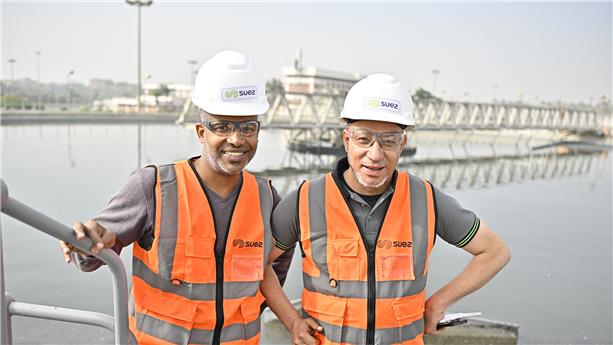The health crisis has had a huge impact on cities, calling into question the urban models that have been implemented until now. The impacts of global warming, already being felt, are also affecting our lifestyles. New needs and new usages are emerging and these must be addressed to maintain quality of life in the city, in a context of limited public finance.
As a long-standing partner of cities of all sizes, SUEZ builds intelligent solutions to respond to these challenges, collaborating with public authorities and regions to make them more resilient.
Five priorities to design the city of the future
Cities are currently at a major point in their development. As the majority of the planet’s population become urban dwellers, cities of all sizes need to rethink and reinvent themselves. This transformation is based on 5 priorities that define the discussions and actions of local elected officials and public authorities: resilience, sobriety, environmental preservation, inclusion and innovation.
Our know-how
As
designers, integrators and operators of urban systems, our expertise is structured around three fundamental objectives:
- Saving resources by reducing the city’s footprint (energy, real estate, water, air, etc.);
- Innovating to propose new services to local inhabitants to fulfil local needs and usages;
- Optimising operational performance of the city to limit the financial pressure on local authority budgets.
In short, our action consists in helping the regions to do more... with less!
Co-constructing intelligent cities with local stakeholders
SUEZ Group relies on its expertise in managing resources and complex urban projects to propose an integrated vision of the city (environment, mobility, energy, urban lighting, citizen participation, etc.) to construct an urban environment that is pleasant to live in, in collaboration with all regional stakeholders (local authorities, decentralised services, economic operators and companies, civil society and citizens, academia, etc.). This systemic approach is essential to respond to the challenges of the 21st century and to accompany the development of urban functions and services.
The city of the future will enable us to move from an infrastructure economy to an economy based on usages and functions.
